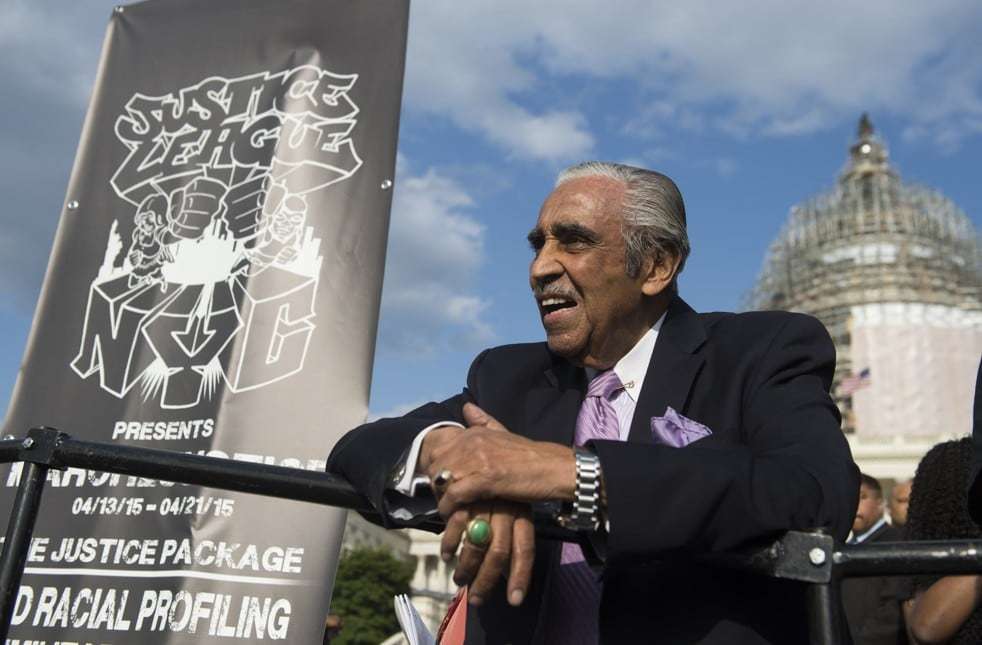Rep. Rangel cannot challenge his censure in federal court

SAUL LOEB/AFP/Getty Images
In 2010, the U.S. House of Representatives censured Rep. Charles Rangel (D-N.Y.), former Chair of the powerful House Ways & Means Committee, for a series of ethical violations, including the improper solicitation of funds, improper acceptance of gifts, failure to abide by relevant disclosure requirements and a failure to pay taxes. After a 2011 Politico story suggested that some committee staffers might have improperly shared information related to the complaints against him, Rep. Rangel sought to challenge his censure in federal court. According to Rep. Rangel, his censure violated relevant House rules and was unconstitutional under the Fifth Amendment's Due Process Clause.
Whatever the merits of Rep. Rangel's substantive claim, he cannot bring his case in federal court. Today, in Rangel v. Boehner, a three-judge panel of the U.S. Court of Appeals for the D.C. Circuit concluded unanimously that federal courts lack jurisdiction over Rep. Rangel's claims, as they are foreclosed by the Constitution's Speech and Debate Clause.
The opinion for the court, authored by Judge Karen Henderson, begins:
Public service has its benefits and its burdens. Congressmen, for example, enjoy absolute immunity from suit for their conduct in the legislative arena. That same immunity, however, prevents them from airing their legislative disagreements in a judicial forum. Representative Charles Rangel asks this Court to review his 2010 censure by the United States House of Representatives. But the Constitution-specifically, the Speech or Debate Clause-prevents us from doing so. Rangel must vindicate his reputation in the one court that can hear his claim: the court of public opinion. We affirm the district court's dismissal of his complaint.
The district court below had reached a similar conclusion. Yet even if both courts were wrong on this point, Rep. Rangel would have a tough row to hoe, as the district court had also concluded that he lacks standing and that this sort of challenge to House proceedings presents a non-justiciable political question.
A cert petition may follow, but I think it's safe to say that it is not going anywhere.
